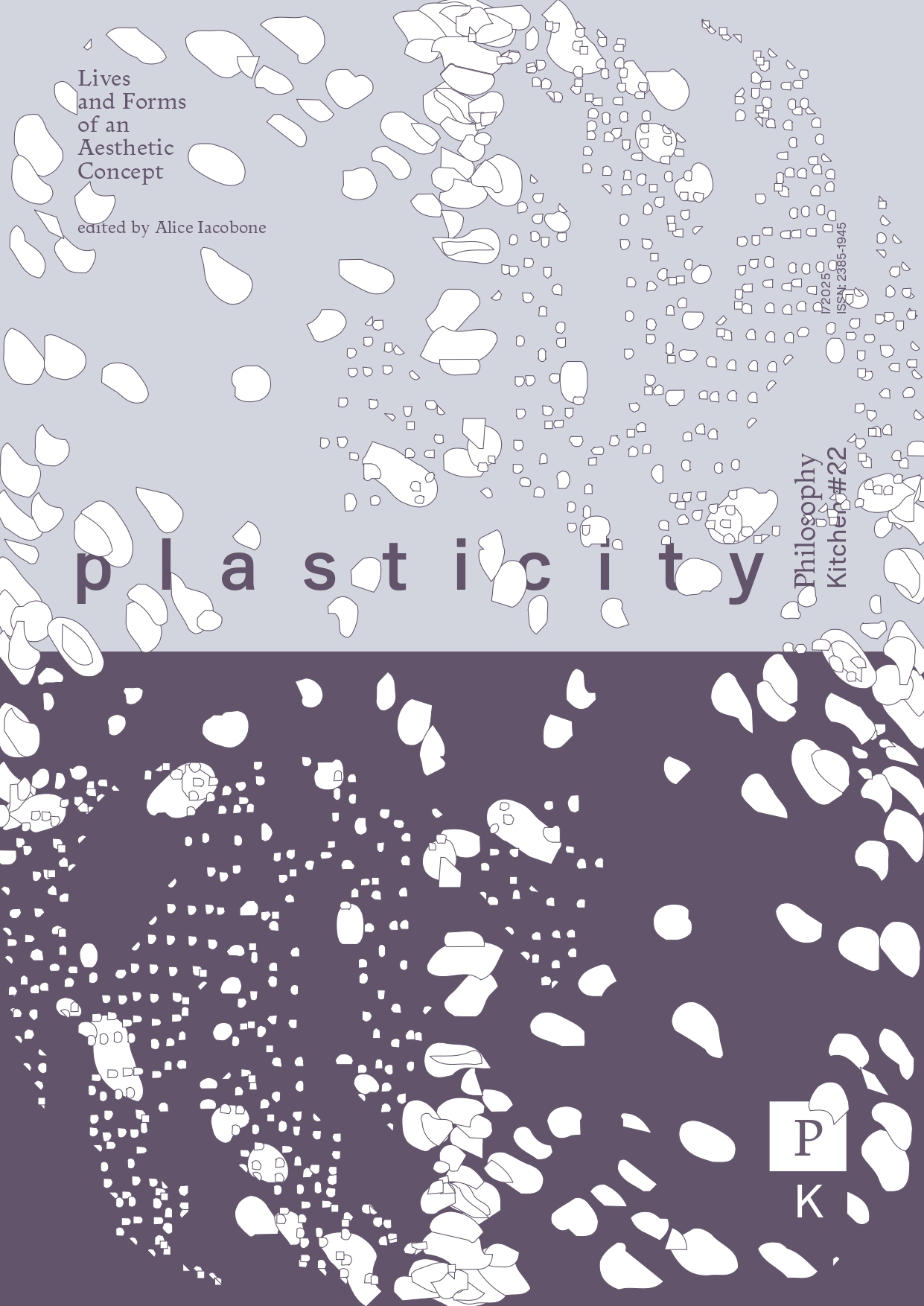Ecological Plasticity. Forming Affective Morphologies, with a Case Study on Olfaction
DOI:
https://doi.org/10.13135/2385-1945/12030Abstract
We introduce the concept of ecological plasticity and develop it through the case study of human olfaction. Extending the model of plasticity to the ecological discourse, we define ecological plasticity as a principle of systemic relationality according to which an agent takes on a form by interacting with a complex affective reality while, reciprocally, giving it a form. The concept of form is here conceived as a synthetic unity that encapsulates the possibilities of existence, sensibility and interaction of an agent immersed in a complex world of other agent-forms. An agent is always aesthetically and affectively immersed in a complex or ecological system: a body is that which is affected and assumes form within a complex affective reality, which is, in turn, co-formed in this process. This perspective, in contrast with static morphology, contributes to configuring a dynamic eco-affective ontology, as body forms are experientially and affectively renegotiated in loops of co-individuation, impeding a clear distinction between activity and passivity, subject and object. Those concepts are illustrated and crafted with reference to olfactory perception, as olfaction discloses an embodied and reciprocal field of co-affection. Via the perception of smells, bodies make sense of their environment, and this shaping cannot take place without the same bodies being touched, affected, and thus renegotiated.






